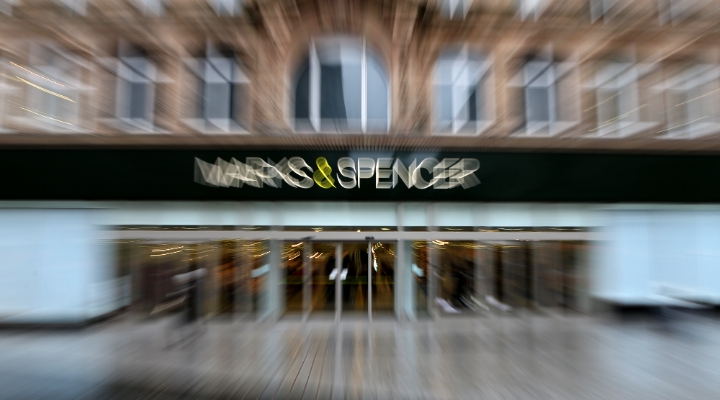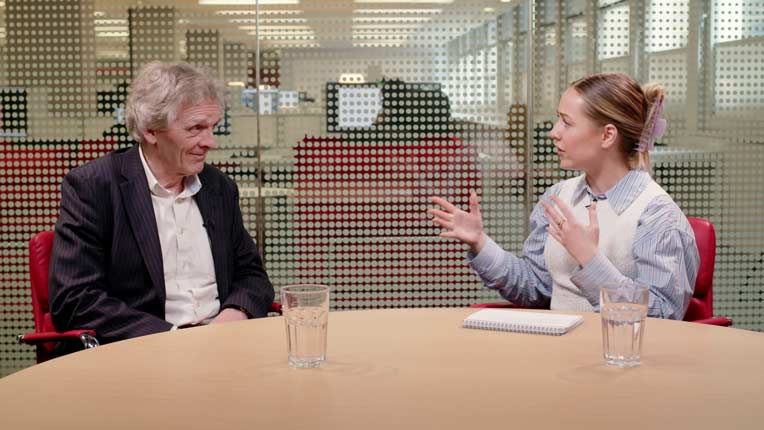
Food sales and share price gains have helped Marks & Spencer (MKS) back into the UK FTSE 100 Index, four years after it was forced out.
The high street retailer’s share price has doubled since the start of the year, and after releasing a trading update lifting its annual profit forecast, re-entry to the FTSE Russell’s biggest index seemed certain. Watch our recent video on the company here.
The company’s market capitalisation is now around £4.38 billion. M&S was a founding constituent of the list of London's top-tier stocks and had a 35-year stay there.
Joining M&S into the FTSE 100 is Diploma (DPLM), Dechra Pharmaceuticals (DPH) and Hikma Pharmaceuticals (HIK) – all three have seen major share price growth this year.
The September 2023 quarterly review also brought bad news for Abrdn (ABDN) (whose share price dropped significantly in the past month), Hiscox (HSX), Johnson Matthey (JMAT) and Persimmon (PSN) will leave the FTSE 100 and enter the FTSE 250 Index. The changes take effect on September 18.
As we’ve seen in the case of Abrdn, promoted stocks can be relegated again – and vice versa – so the main indices are "revolving doors". The asset manager lost its FTSE 100 spot in 2022 and returned in the December reshuffle. This means it spent less than a year out of the FTSE 100, and now less than a year in the index. Will we see a re-entry before next summer?
Johnson Matthey is another company which is no stranger to demotion. It has however been a mainstay in our monthly list of top FTSE 100 dividend payers, yielding above 4%.
In the last reshuffle, only one stock was promoted to the FTSE 100 – IMI (IMI) – and one was kicked out – British Land (BLND).
Why The Reshuffle Matters
These changes give us an insight into which sectors are in and out of favour, and which companies are on the up or struggling in the big league. It's purely down to changes in market value, which can fluctuate a lot during the year.
Index provider FTSE Russell changes the constituents of its indices every quarter to reflect changes to Britain’s biggest companies.
Which companies move in and out of the FTSE 100 is based on their total market capitalisation at the end of the specified trading day.
To avoid the same borderline companies dropping out and back in every reshuffle, a company must be in the top 90 by market cap to be promoted. Likewise, to be demoted, the firm has to be below the 110th biggest company by size.
Index changes also matter from an ETF and index fund flow point of view: FTSE 100, 250 and All Share trackers have to adjust to changes whenever they’re made.
Asset managers also have to buy and sell stocks to make sure they match the benchmark. And as the FTSE 100 is generally more liquid than other indices, inclusion in an index tends to boost flows into a particular stock. As more money moves into passive funds, index changes become more significant over time.
Greater liquidity means that buy and sell prices tend to be closer together (the bid-offer spread), making it easier for investors big and small to enter and exit positions.
Correction: a previous version of this article contained an incorrect reference to Abrdn's share price. This has been removed.



























